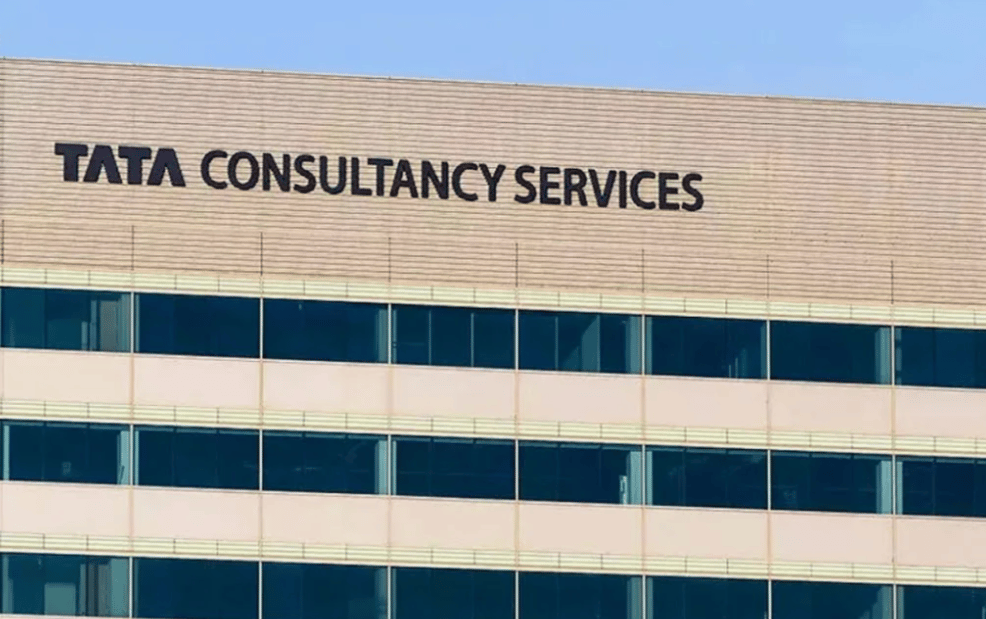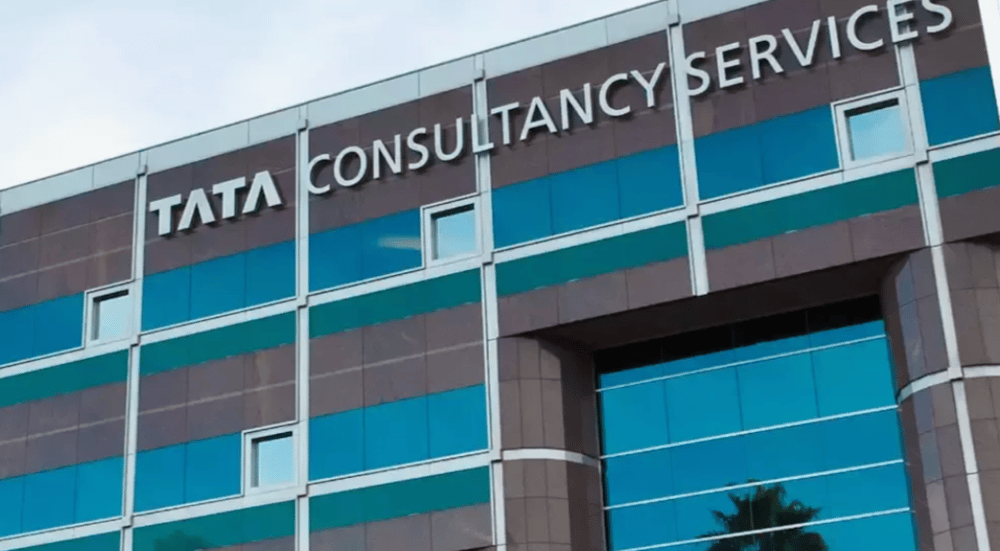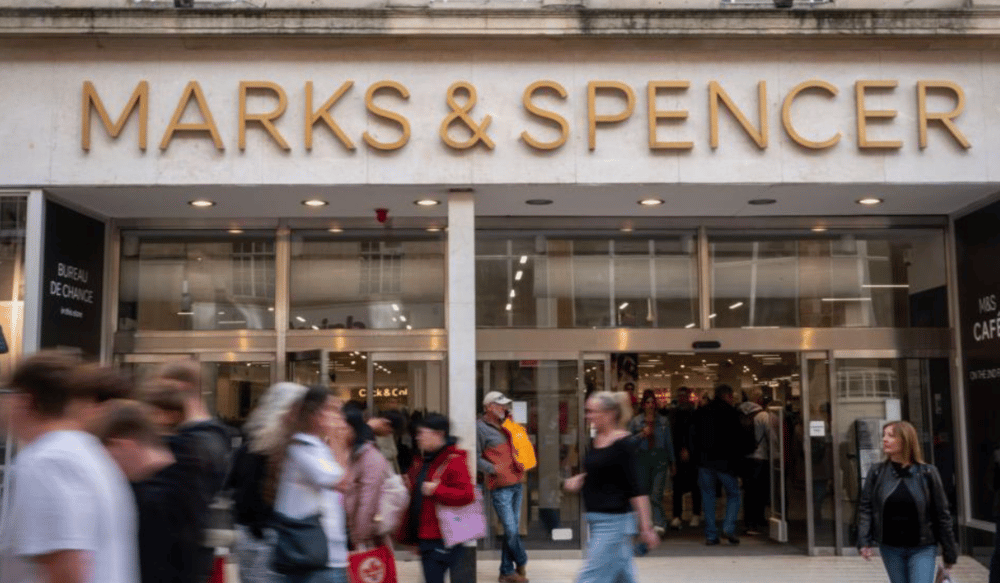Tata Consultancy Services Investigates Possible Cybersecurity Link to Marks & Spencer Breach
Tata Consultancy Services $TCS.NS, one of India’s largest IT services firms, has launched an internal investigation following reports that its long-term client, Marks and Spencer Group Plc $MKS.L, suffered a significant cybersecurity incident. The breach, which allegedly disrupted operations and compromised customer data, has drawn scrutiny toward third-party service providers, with TCS exploring whether its systems were indirectly involved.
According to sources cited by the Financial Times, TCS is conducting a detailed review of its infrastructure supporting M&S and aims to complete the process by the end of the month. The company has been a strategic IT partner to the British retailer for over a decade, managing key digital and operational platforms.
Mapping the Broader Impact of the Incident
The breach at Marks and Spencer underscores a growing risk faced by multinational enterprises relying on complex IT outsourcing arrangements. While the precise entry point of the attack remains under investigation, the focus on TCS reflects heightened regulatory and market sensitivity around supply chain vulnerabilities in global tech ecosystems.

Factors Underlining Strategic Risk Exposure
Third-Party Access Outsourced service providers often have privileged access to corporate networks, making them potential targets for threat actors.
Data Sensitivity Customer data breaches—especially in retail—carry substantial reputational and regulatory consequences.
Regulatory Scrutiny Under GDPR and other global data protection regimes, responsibility often extends beyond the primary company to include vendors.
Cross-Border Complexity Managing cybersecurity across jurisdictions introduces legal, technical, and governance challenges.
Brand and Trust Implications For consumer-facing businesses like M&S, data breaches can undermine long-standing brand equity and customer trust.
Chain Reaction Across the Cybersecurity Landscape
Intensifying Due Diligence: Clients are likely to increase scrutiny of IT vendors’ security protocols.
Operational Resilience Testing: Enterprises may revisit business continuity plans in light of service disruption risks.
Contractual Re-evaluation: Cyber clauses in vendor contracts are becoming more stringent, with shared liability models on the rise.
Reputation Management Challenges: Both TCS and M&S are managing fallout amid media attention and stakeholder queries.

Where Technology and Accountability Intersect
1. Vendor Oversight Is Evolving Enterprise clients now demand not only performance but resilience from their IT vendors — including real-time threat monitoring and transparent risk reporting mechanisms.
2. Cybersecurity Is a Shared Responsibility The TCS-M&S case illustrates that digital defense no longer stops at the perimeter. Security architecture must extend into all third-party integrations.
3. Industry Norms Are Shifting Cyber incidents involving service providers prompt companies across sectors to recalibrate their procurement and risk strategies.
4. Timing Is Crucial Swift investigation and disclosure — as seen with TCS’s internal probe — are essential to contain reputational and operational damage.
5. Trust in IT Providers Is Fragile Even firms with strong reputations and multi-year relationships face scrutiny if linked to service disruptions or security lapses.
A Turning Point for Global IT Oversight?
The unfolding investigation by Tata Consultancy Services could reshape how global companies view vendor accountability in cybersecurity frameworks. As organizations like M&S continue to digitize customer experiences, the risks tied to outsourcing critical IT infrastructure are coming into sharper focus.
Whether or not TCS is found to have played a direct role, the incident reinforces a key lesson: in today’s hyperconnected business world, cybersecurity resilience must be both internal and external by design.















Comments